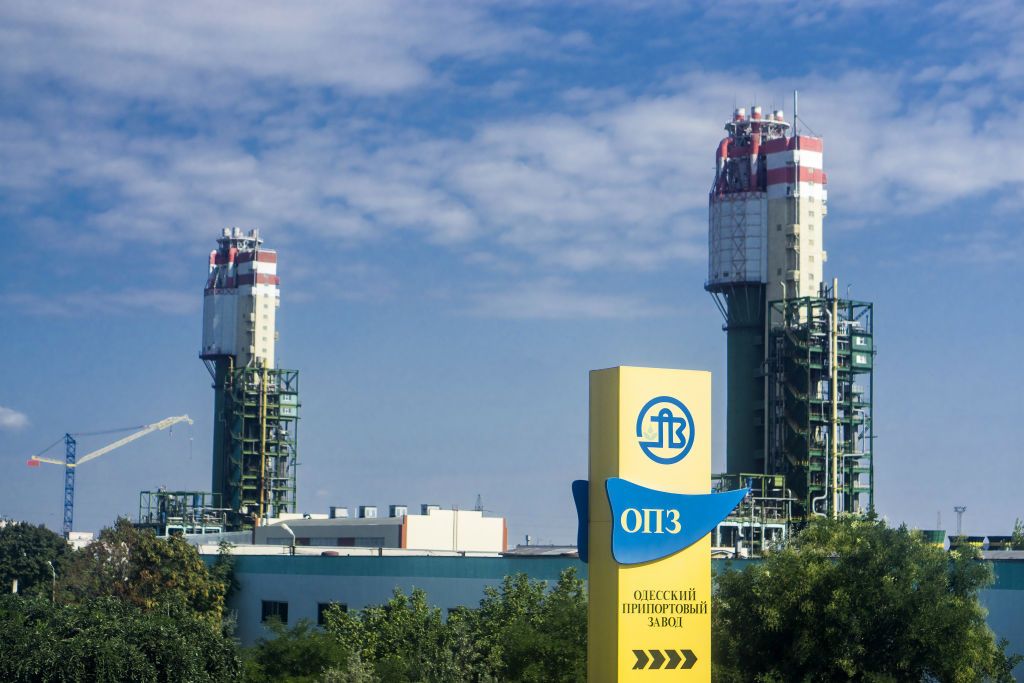'Very dangerous from a legal perspective' — Belgian, German leaders wary of confiscating frozen Russian assets

The leaders of Belgium and Germany warned against the outright seizure of frozen Russian assets during a joint press conference on Aug. 26 over concerns that doing so would raise legal issues.
At the outbreak of the full-scale war in Ukraine in 2022, the Group of Seven (G7) countries immobilized roughly $300 billion in Russian sovereign assets, roughly two-thirds of which are held by the Belgian clearing house Euroclear.
"I know that there are governments that are trying to seize the money. But I would like to warn that this is not so easy legally," Belgian Prime Minister Bart De Wever said during his visit to Berlin, warning that assets belonging to Russia's central bank hold legal immunity and the seizure likely lead to economic retaliation from other countries.
"Other countries will also withdraw their state funds. This will have systemic consequences and is also very dangerous from a legal perspective. I believe we should keep these state funds immobilized," he said.
Ukraine currently receives funds from frozen Russian assets under the G7's Extraordinary Revenue Acceleration (ERA) mechanism, providing windfall profits through interest and investments.
Under the current framework, the more than 200 billion euros ($232 billion) in Russian central bank assets held by Euroclear are invested conservatively with the Belgian central bank, generating low but steady returns.
German Chancellor Friedrich Merz echoed similar comments during his joint news conference warning that Brussels — where Euroclear is headquartered — "would be liable... if this money were to be accessed unlawfully."
De Wever added that the frozen Russian assets may be used as a bargaining chip amid ongoing peace talks brokered by U.S. President Donald Trump.
"It's like a goose that lays golden eggs. We should keep this goose. And in the end, when we talk about a peace treaty, then the goose can be put on the table," De Wever said, adding that he does not wish to see a change to the current disbursement mechanism.
Earlier this month, the EU received a third 1.6-billion-euro ($1.9 billion) tranche in windfall profits from frozen Russian central bank assets, with 95% of it directed to repay Ukraine’s loans.
Within the ERA initiative, Ukraine is expected to get $50 billion in loans that will be repaid using future profits from frozen Russian assets.
Merz said on July 10 that assets frozen by the West should not be released until Moscow pays back at least 500 billion euros (over $580 billion) in compensation to Kyiv.












